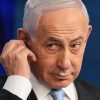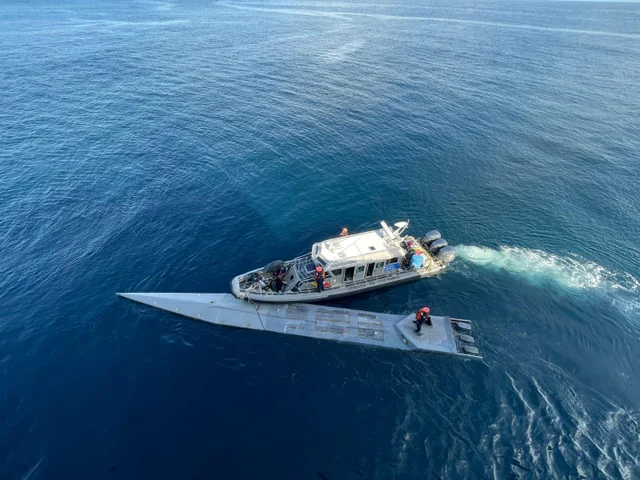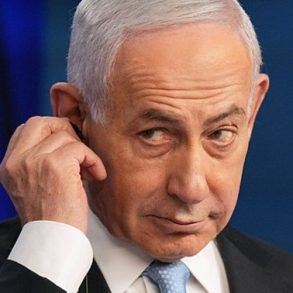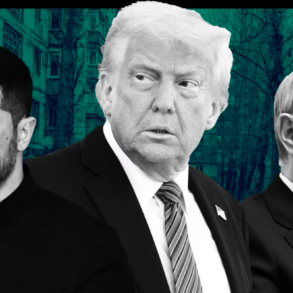On October 17, 2025, President Donald Trump confirmed a U.S. military strike on what he described as a “drug-carrying submarine” in the Caribbean Sea. The attack, which took place on Thursday, marks the sixth U.S. military operation targeting suspected drug trafficking vessels near Venezuela since early September. This latest strike has drawn attention due to reports of two survivors, a first in the series of attacks that have killed at least 27 people, according to the Trump administration.
Details of the Strike
During a White House meeting with Ukrainian President Volodymyr Zelenskyy, Trump stated, “We attacked a submarine, and that was a drug-carrying submarine built specifically for the transportation of massive amounts of drugs.” He emphasized that the vessel was not operated by “innocent people,” noting that few individuals own submarines. The vessel, possibly a semi-submersible designed to evade detection, was struck in international waters. Grainy video stills released by the White House on September 15 showed a similar vessel being destroyed, though details about the cargo or individuals onboard remain undisclosed.
Reuters reported that two survivors were rescued by a U.S. military helicopter and are being held on a U.S. Navy warship. Two others reportedly died in the attack. Secretary of State Marco Rubio did not confirm the survivors but said more information would be released later. The Pentagon has not yet commented on the matter.
Context of U.S.-Venezuela Tensions
The strike is part of a broader U.S. military campaign against what Trump calls a “narcoterrorist” threat from Venezuela. The administration claims Venezuela is a major hub for drug trafficking, particularly fentanyl, though U.S. records indicate Mexico is the primary source of the drug. Historically, Venezuela has been linked to cocaine trafficking. Trump has also accused Venezuelan President Nicolas Maduro of ties to criminal groups, offering a $50 million reward for information leading to his arrest.
The U.S. has escalated its presence in the Caribbean, deploying guided missile destroyers, F-35 fighter jets, a nuclear submarine, and approximately 6,500 troops. On October 16, Trump confirmed authorizing covert CIA operations inside Venezuela, further intensifying tensions. Venezuela’s Foreign Ministry condemned the move as a violation of international law, and Maduro has accused the U.S. of attempting to turn Venezuela into an “American colony.”
Controversy and Criticism
The strikes have raised concerns among lawmakers and human rights experts. Democratic Senator Jack Reed and Republicans Rand Paul and Lisa Murkowski have questioned whether the operations comply with international laws of war. UN-appointed human rights experts have labeled the strikes “extrajudicial executions.” Critics argue the Trump administration has provided little evidence about the targets or their cargo, leaving room for speculation about the strikes’ legality and purpose.
Regional leaders have also voiced concerns. Colombian President Gustavo Petro suggested Colombian citizens may have been killed in a previous strike, while relatives of a Trinidadian man, Chad Joseph, believe he died in a U.S. attack on Tuesday. Fishermen from Trinidad and Tobago, located near Venezuela, worry about their safety as they rely on these waters for their livelihood. Venezuela’s UN Ambassador Samuel Moncada called the strikes “massacres” and urged the UN Security Council to intervene.
Unexpected Resignation
Adding to the controversy, Adm. Alvin Holsey, who leads U.S. military forces in Latin America, announced his resignation on Thursday, two years earlier than expected. Senator Reed called the move “troubling,” citing fears of a potential U.S. confrontation with Venezuela. Defense Secretary Pete Hegseth praised Holsey but did not explain the reason for his departure.
What’s Next?
The presence of survivors from the latest strike raises questions about their status—whether they will be prosecuted or treated as prisoners of war in Trump’s declared conflict against “narcoterrorists.” The lack of transparency about the operations, combined with the escalating U.S. military buildup, has heightened fears of a broader conflict with Venezuela. As the situation unfolds, the international community continues to watch closely, with many calling for clarity and accountability.








